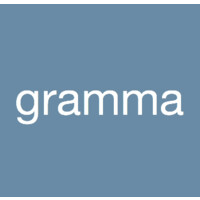
gramma
How do you create and protect value in a changing climate? Many possible futures lie ahead. Governing bodies need to assess foreseeable risks and opportunities. They need to form reasonable expectations about what the future may hold – so they can make sure it's a desirable one, for their organisation and for the people, places, assets, and systems in their care. How can we explore that space of possibility, while still staying grounded in reality? How can we share knowledge, build trust, and do the collective work of change to get where we want to be? gramma consulting works with public, corporate and not-for-profit organisations to develop climate scenarios, assess risks, plan action and do the communicative work of change.






